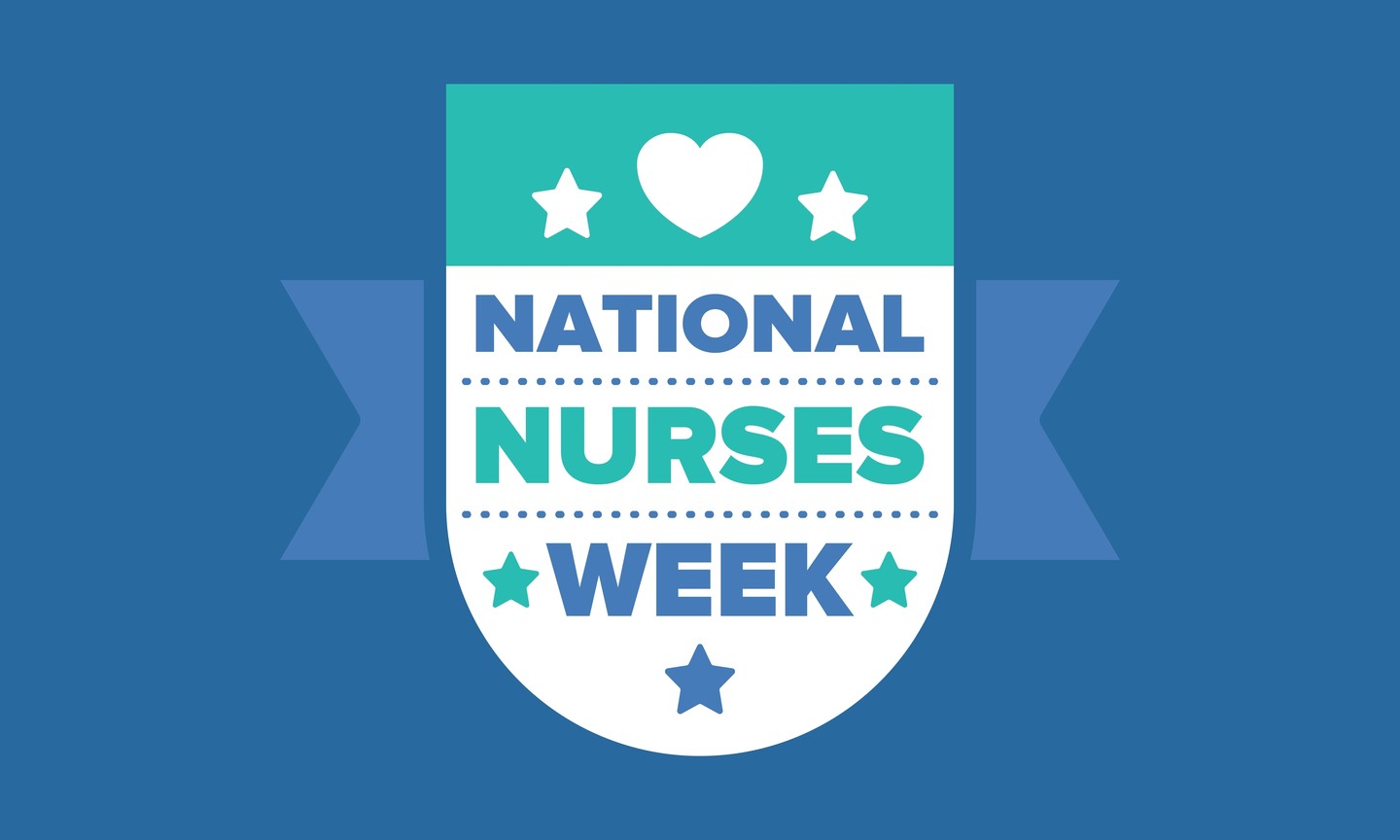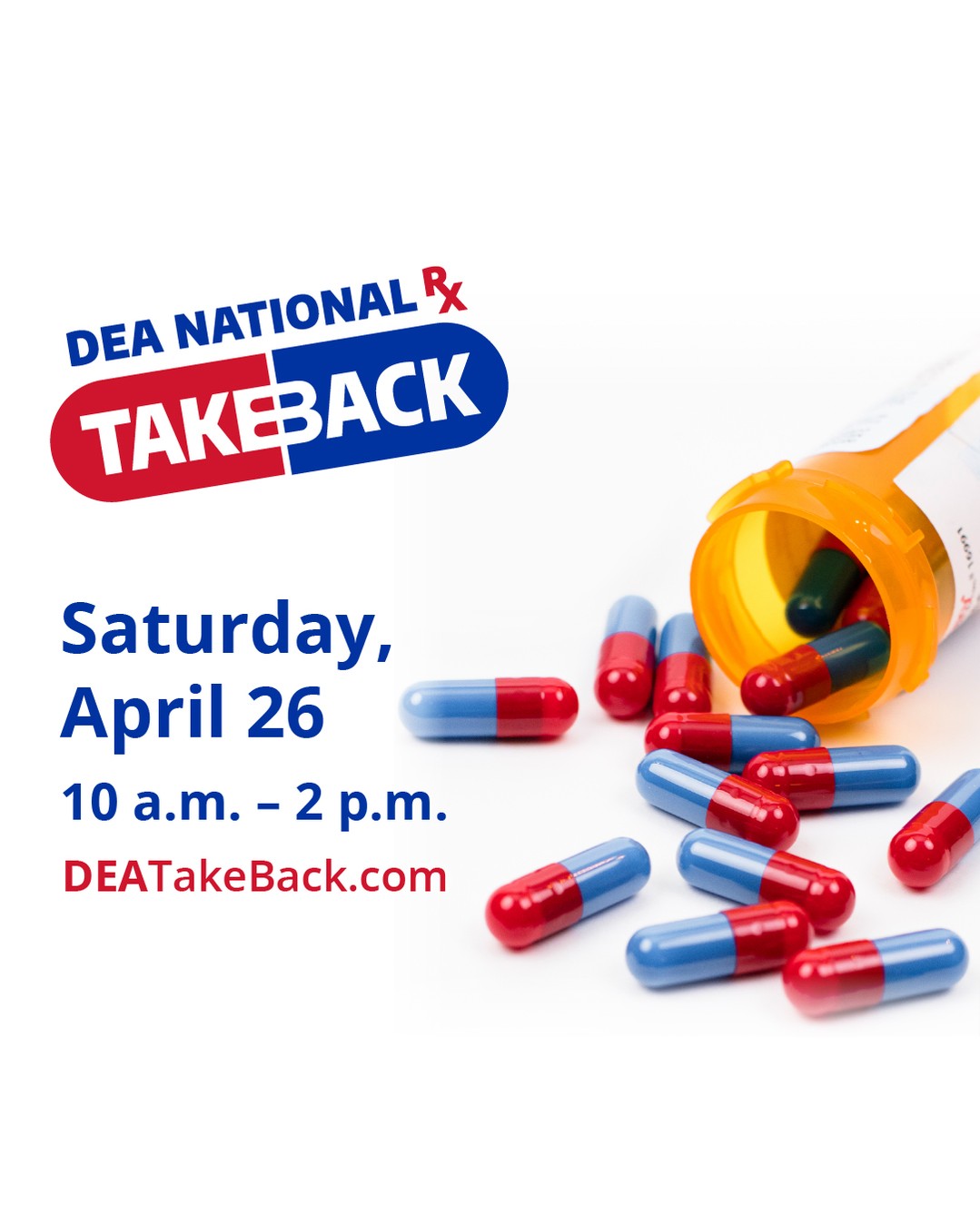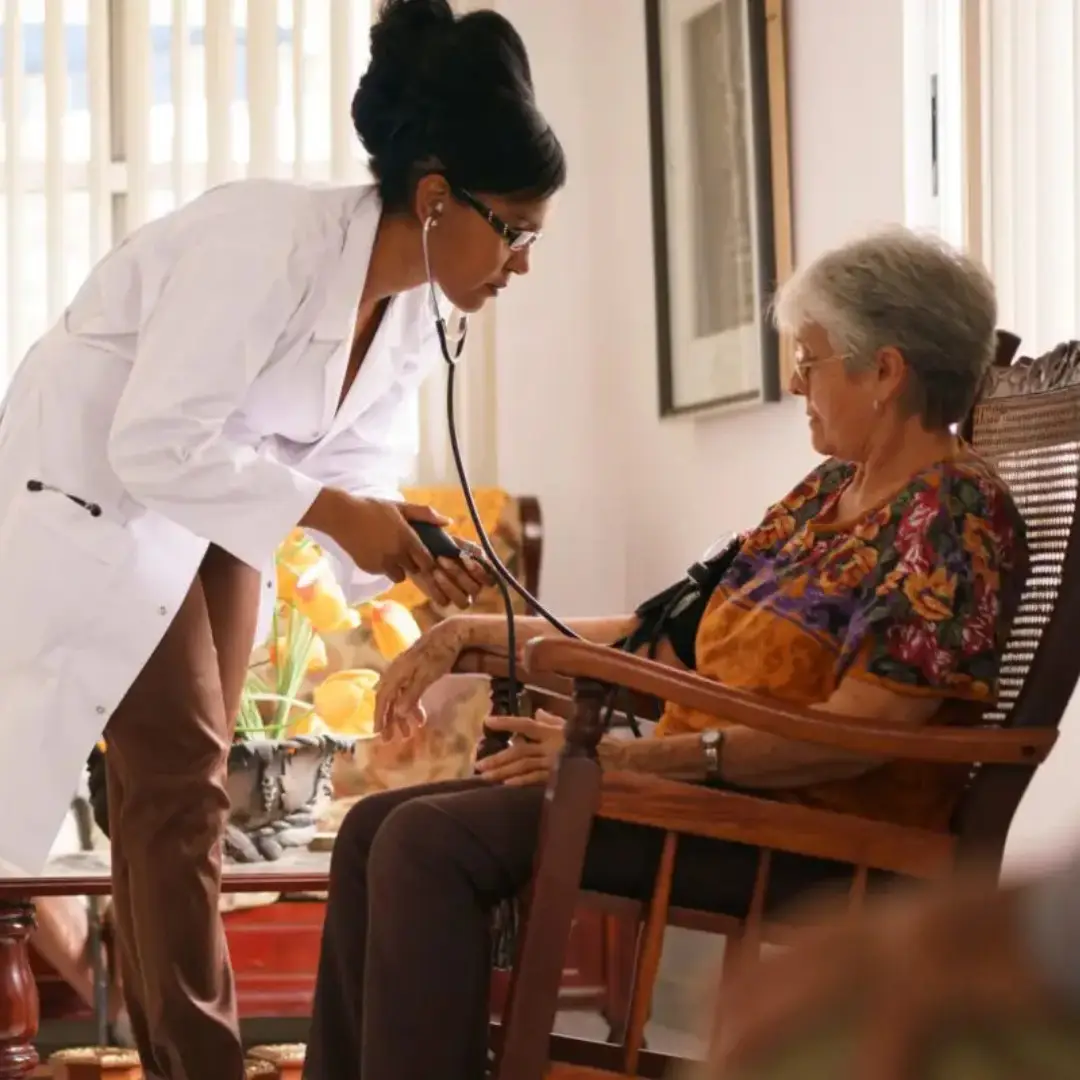This post, We Could All Learn a Lot From ‘HIPAA 101’, first appeared on https://www.workforce.com.
The Edelman Trust Barometer for 2019 revealed some interesting points about trust in health care.
Lynn Hanessian, chief strategist at Edelman, shared some major takeaways for employers at the recent Midwest Business Group on Health annual conference in Chicago.
She shared some interesting findings about what sources people trust for information. Key findings were that people trust their employer more than the government or media. Also, men have more trust in health care than women (not surprising, considering the constant attacks on women’s reproductive rights). Another interesting finding was that compared to last year, people trust hospitals and health clinics less in 2019 — a 7-point drop! Hanessian mentioned potential reasons for this including how vocal people have been about “surprise” hospital bills. She quoted an NBC article specifically on this point: “Surprise bills lead to liens on homes and crippling debt.”
But I want to focus on a nugget Hanessian mentioned more casually.
In the Q&A part of her session, Hanessian suggested an intriguing idea for employers. It sounded like a joke but actually could be a good idea. When asked about privacy concerns, she half-joked about offering “HIPAA 101 for your employees.”
That’s a good idea! What do most people think of when they think of HIPAA — the Health Insurance Portability and Accountability Act of 1996? Probably privacy and the fact that when they go in a doctor’s office, no one can share your medical information or gossip about it with their friends.
But privacy in health care is interesting to define. For example, people can share health data online now. That could mean a public Twitter post admitting they experience mental health problems and spreading awareness. Or it could mean sharing medical questions in a private Facebook group. Or it could mean griping about a negative hospital billing experience online and inadvertently sharing a piece of medical information in the process. In any case, information shared digitally is not protected by HIPAA. I’m curious how many patients know that.
Further, per a Kaiser Health News story from May 21, even though privacy is what HIPAA is best known for, its principal purpose when created was to put an end to “job lock.” “That happened when people with pre-existing health conditions were afraid to leave one job with insurance for another job with insurance because the new insurance would not cover their condition, or would impose long waiting periods,” the article explained.
All of this is to say that, there’s a lot more to HIPAA than many people know. It couldn’t hurt to offer some sort of education on what exactly HIPAA does and does not do. Especially for companies looking toward pushing health care literacy on employees. In fact, I suspect that even HR professionals could learn a thing or two about HIPAA they didn’t know before!
This post, We Could All Learn a Lot From ‘HIPAA 101’, first appeared on https://www.workforce.com.











